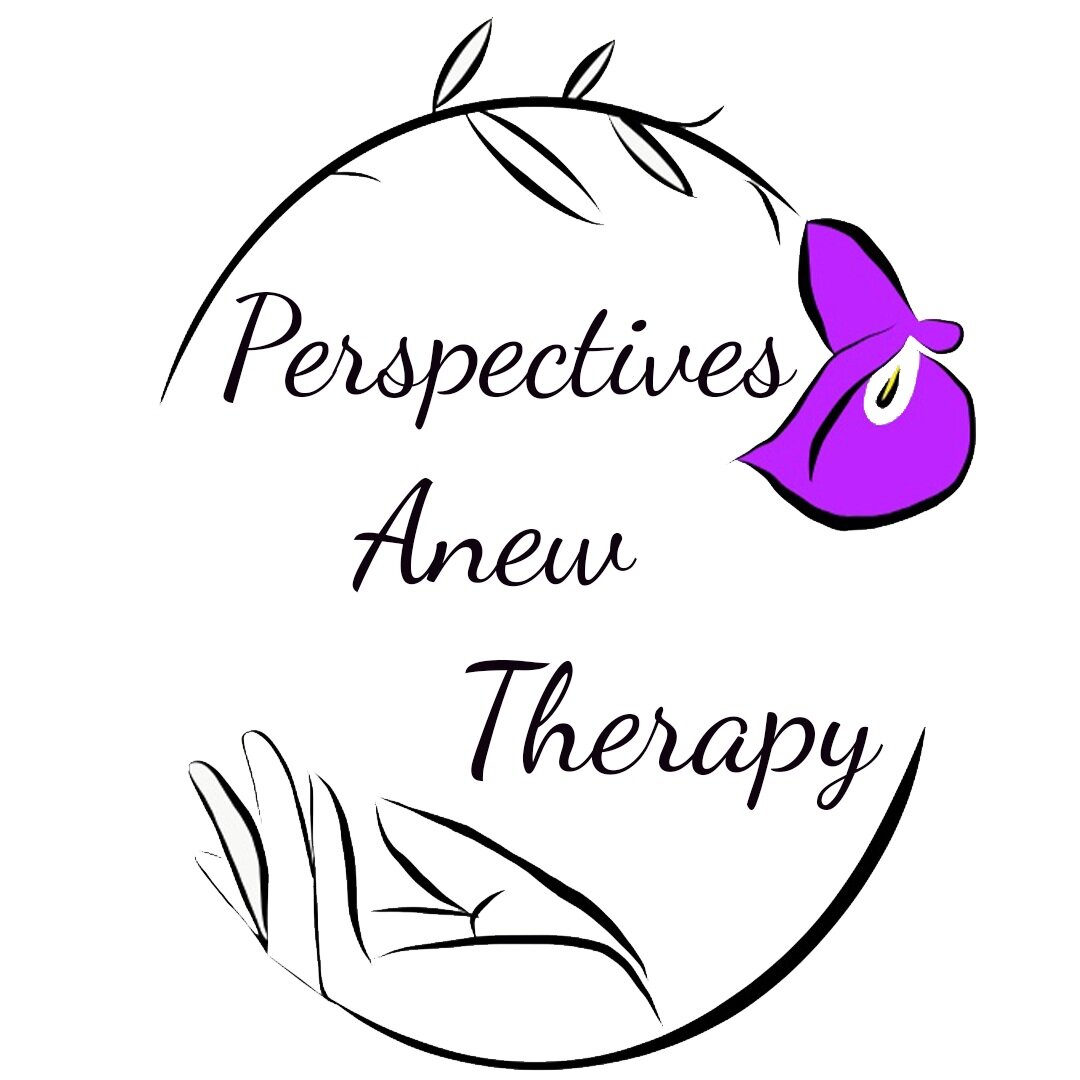Burnout
Burnout is caused by prolonged stress that results in emotional, physical, and mental exhaustion. When the stress does not decline we become overwhelmed, emotionally drained, and have difficulties meeting our needs. Many people experiencing burnout start to lose interest and motivation, in return the lack of productivity decreases our energy. Because of this, feelings of helplessness and hopelessness, as well becoming cynical and resentful may occur. Home life, work, and social life can all be impacted by burnout in addition to becoming more vulnerable to illnesses.
The beginning of burnout may manifest as feeling like every day is a bad day, constant exhaustion, feeling as if nothing you do is appreciated, most of your day is spent on tasks you feel are pointless or overwhelming, and that caring about your work or home life is a waste of time. It is important to note that burnout is gradual, it does not happen overnight. Being aware of signs and symptoms can help prevent a major breakdown if we intentionally work to reduce our stress level. Physical symptoms include daily fatigue, higher susceptibility to illnesses, headaches or muscle pain, and changes to appetite or sleeping habits. Emotional signs include a sense of failure, feeling defeated, detachment, loss of motivation, and decreased satisfaction. Behavioral symptoms look like withdrawing and isolation, procrastinating, using substances to cope, emotional outbursts, and skipping work.
Identifying burnout can be difficult because it can be confused for stress, however there is a difference. Stress results from over-engagement, our emotions become over reactive, there is a loss of energy, it can cause hyperactivity, most damage is physical which can result in premature death, and cause one to develop an anxiety disorder. Burnout, however, is characterized by disengagement, emotions are blunt, feelings of hopelessness occur, there is a loss of motivation as well as hope, most damage is emotional making life seem like it’s not worth living, and people become detached or depressed.
You may be asking yourself, what are the causes of burnout? Work-related causes include feeling a lack of control over work, lack of recognition at your job, and working in a high-pressure work environment. Lifestyle habits that have been linked to burnout are working too much without socializing or relaxing, a lack of supportive relationships, not getting the proper amount of sleep, and helping others too much without help being reciprocated. Personality traits such as perfectionism, pessimism, a constant need for control, and Type A personalities have been linked to experiencing burnout.
Once you have realized the “red flags of burnout,” it’s time to overcome it in order to become healthier and happier. Treating burnout requires the “Three R” approach which is recognize, reverse, and resilience. Recognize the warning signs of burnout, reverse the damage by managing stress and seeking support, and build resilience to stress by taking care of your overall health. Reaching out to those we have a close relationship with, being sociable with coworkers, limiting contact with people who have a negative impact on us, and connecting with your local community can help reduce burnout.
Source: HelpGuide.org
